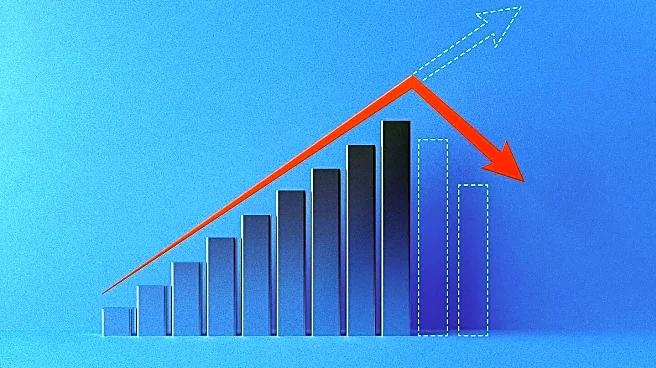What's Happening?
On World Menopause Day, the World Economic Forum's Global Alliance for Women's Health emphasizes the need for systemic support for women undergoing menopause. The organization highlights that menopause affects
over 450 million women globally, with significant economic implications. Research suggests that addressing menopause-related health gaps could yield substantial economic benefits, including an estimated $120 billion in annual GDP gains. The current lack of preparation in healthcare and workplace systems often leaves women without adequate support, leading to missed workdays and economic strain. The Global Alliance, alongside public figures like Halle Berry, is advocating for better clinical standards, employer policies, and public awareness to address these issues.
Why It's Important?
The focus on menopause as a public health and economic issue underscores the broader impact of women's health on societal productivity and economic stability. By improving menopause care and support, there is potential to reduce absenteeism, retain experienced talent in the workforce, and prevent costly health complications. This initiative not only aims to enhance women's quality of life but also to drive economic growth by ensuring that women can continue to contribute effectively to the economy. The advocacy for systemic changes in healthcare and workplace policies reflects a growing recognition of the need to address gender-specific health issues as part of broader economic strategies.
What's Next?
The Global Alliance for Women's Health and its partners are pushing for the integration of menopause care into national health packages and insurance coverage. They advocate for workplace policies that explicitly support menopause, such as flexible work arrangements and manager training. The initiative calls for increased research and innovation in menopause-related health solutions, with a focus on inclusivity and evidence-based practices. Policymakers are encouraged to adopt clear standards and incentives to promote menopause-friendly environments. The ongoing efforts aim to transform World Menopause Day into a catalyst for accountability and action, ensuring that women's health remains a priority in public and private sectors.











